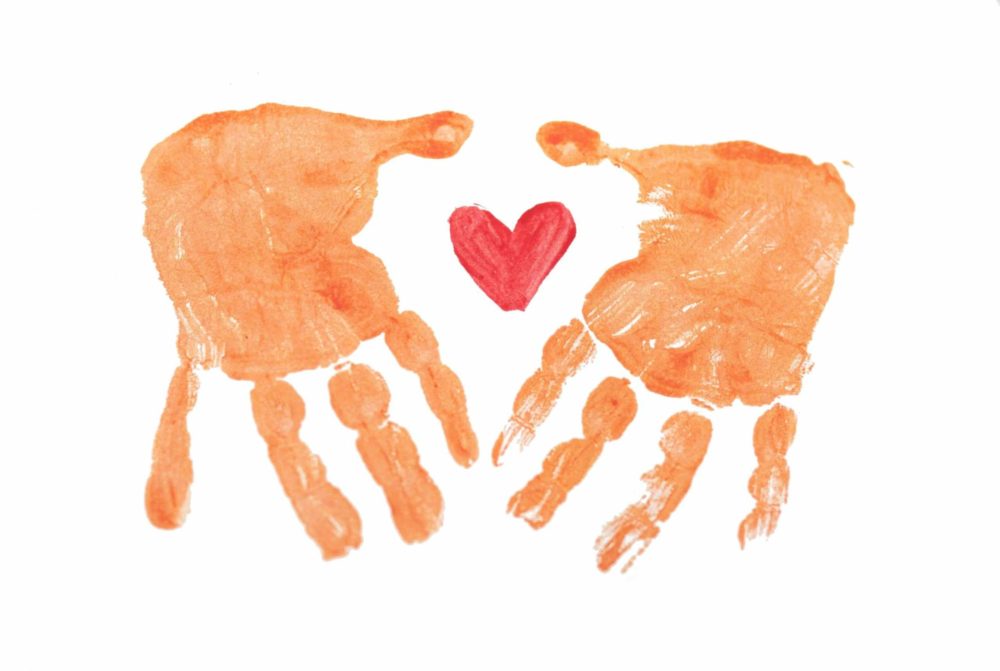
You’ve probably heard the saying, “what doesn’t kill you makes you stronger.”
While that saying might sound a little extreme, the basis behind it holds a lot of truth. That’s especially relevant with trauma and family resiliency. By using methods like Trauma-Informed Care, family members can work toward building resiliency through various challenges.
What is resilience, really? Simply put, it’s the ability to recover from a traumatic event. The more resilient you are, the more you’ll be able to handle trauma in the future. You might even move toward challenges in order to build more resilience within your family.
But what is a traumatic event in a family, and how can you build resiliency? Most importantly, how can you make sure your children are moving toward challenges with a resilient mindset, too?
What is a Traumatic Event for Families?
Now, more than ever, it’s important to understand the significance of trauma in families. It can range in severity, but that doesn’t mean the challenges you face or have faced are any easier to get through than someone else’s.
Trauma can range from an unexpected death in your family to witnessing/being a part of an accident. It can be the discovery of abuse or being in a natural disaster.
Children especially can experience a disturbance in their lives after trauma. Most children naturally have certain strengths that can help them cope with experiences that otherwise might seem impossible to get through. You can help to foster those strengths and build resilience for yourself, all at once.
What Should Resilience Look Like?
Resilience is different for everyone. In children, you might notice that they respond with little distress to a particular event. Or, they’re able to go about their daily routines with some sense of normalcy.
In adults, resilience is an understanding of your own emotions and reactions. You understand that life has many challenges, and you’re ready to face them because you know they can help you grow.
How to Improve Resiliency for Your Whole Family
If you’ve been through a traumatic event or you understand challenges will continue to come, it’s important to enhance resilience for both the kids and adults in your life.
One of the biggest factors of resilience is support. Make sure you show support to other family members as much as possible. It’s hard to be resilient when you feel alone, or like you have no one to talk to. Simply letting your family know you’re there is a huge step.
It’s also important that everyone feels safe in their environment. Depending on what the traumatic event was that occurred, that might mean moving somewhere new, changing houses, or just avoiding the exact location of the event for a while. Everyone deserves to feel safe. You can’t focus on resiliency when you’re too occupied with fear.
Instill hope and encouragement within your family. Talk about everyone’s strengths and how they can use those strengths to overcome challenges. It’s not only crucial to discuss these things in times of tranquility, but amid those challenges, as well.
Finally, try to foster empowerment. When family members (including children) know that they’re strong, you can guide them through making positive changes and being flexible and adaptable to their situations.
When your whole family is more resilient, they can take challenges head-on. That doesn’t mean traumatic events will be easy. But they will be more confident in handling them. For kids especially, those are skills they can take with them for a lifetime. As a result, they can be resilient adults, and cope with some of life’s major hardships better than most.
Serenity EFTC offers family therapy, individual therapy, and play therapy for trauma and resiliency. Contact us for more information or to set up an appointment with one of our highly skilled therapists.
